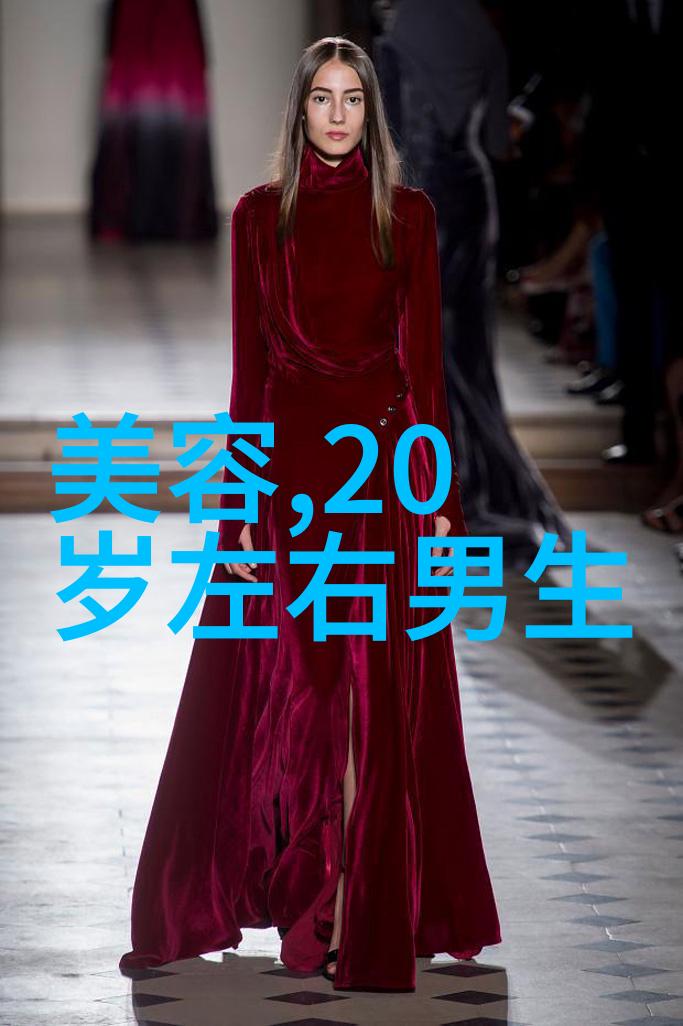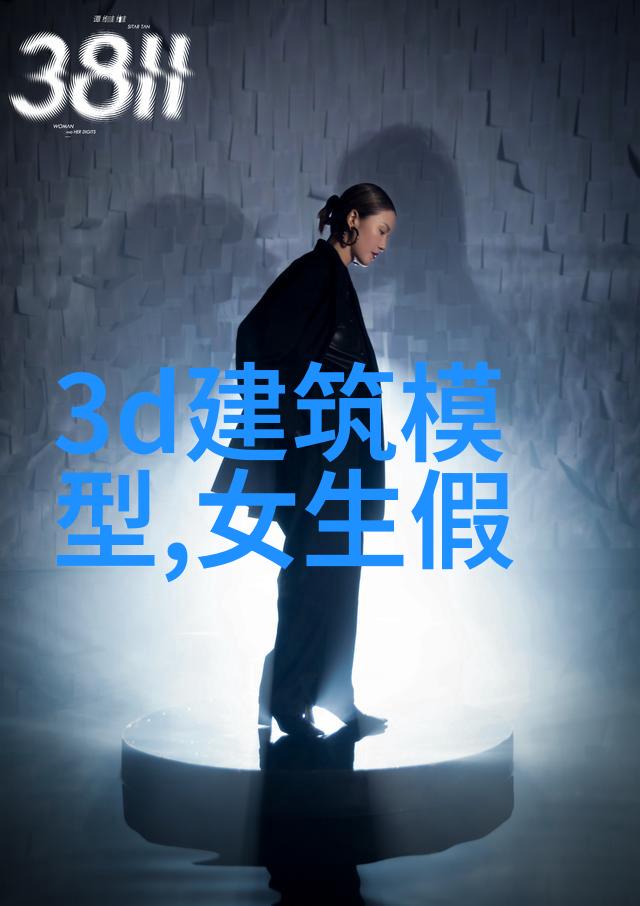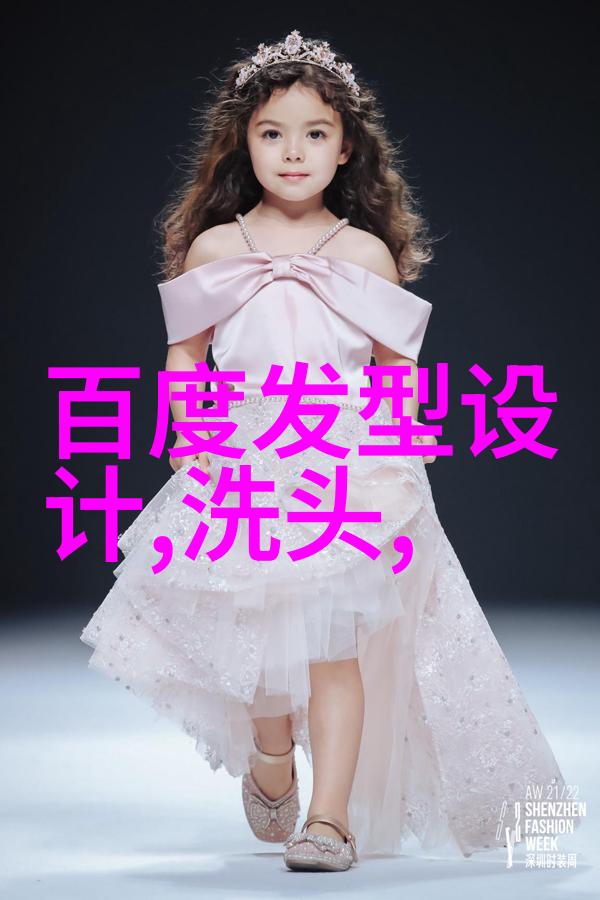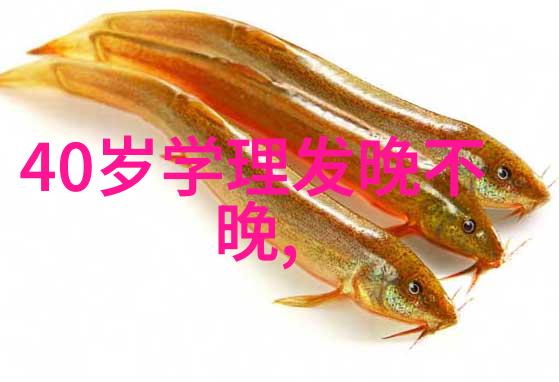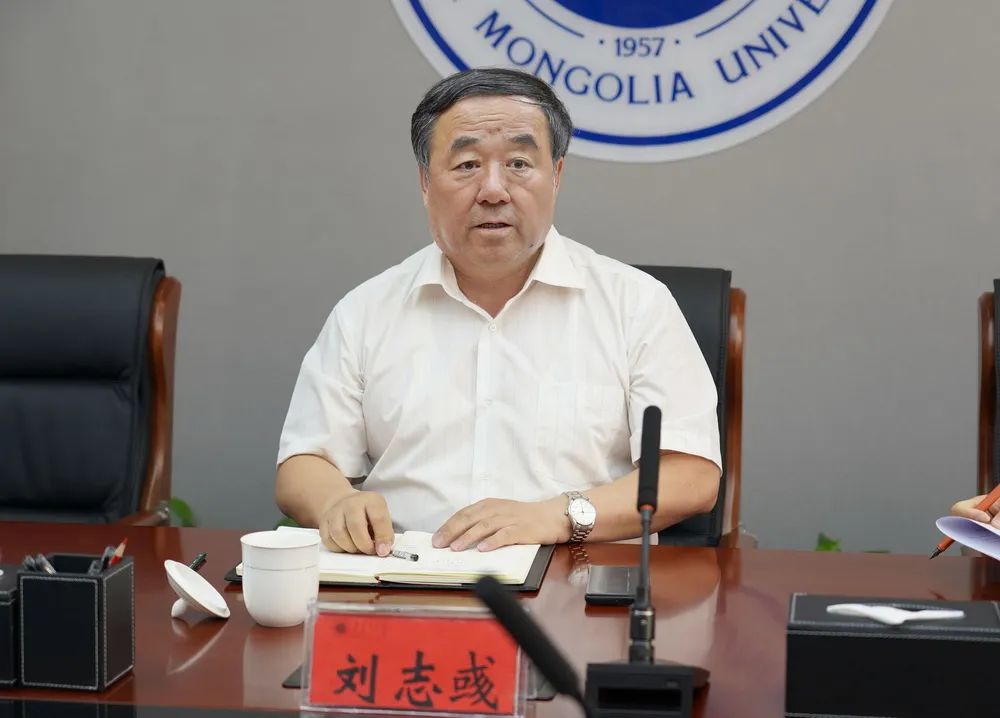在这片段中,忽必烈与他的帝师八思巴、杰出的汉臣刘秉忠和姚枢,以及母亲唆鲁禾帖尼和皇后察必的故事被讲述出来。他们共同为元朝的大一统奠定了基础。在呈现各民族文化和经济融合互鉴的过程中,我们走近了元朝时期建造的大都——北京。这座城市穿越千年,至今仍是我们伟大的城市之一。
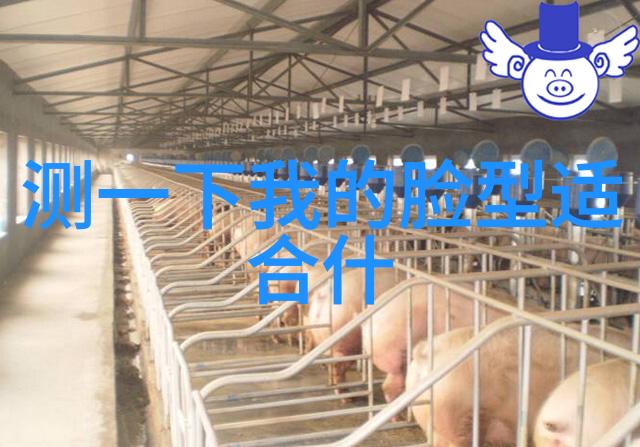
《中国》纪录片第二季,每周一至周四19:30在芒果TV、湖南卫视播出,同时由上海人民出版社、学林出版社出版的同名图书也已经上市。第三集《大都》的播出,为我们展示了英雄云集的元朝大一统序幕。
忽必烈,从一个18岁失去父亲的人成长为草原黄金家族的重要支柱。他通过灭金战争中的胜利,将蒙古帝国称霸于中原。在这个过程中,他隐藏锋芒,广泛接触汉文化,并学习治理政权中的“中国之道”。
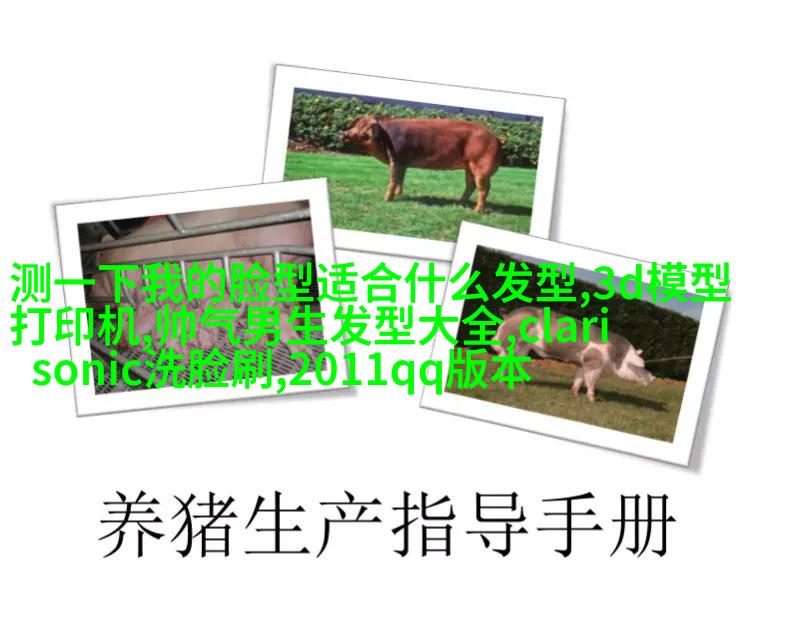
八思巴,是佛教萨满派新任“教主”,他提供行军支持,使得忽必烈能够实现远征大理的抱负。八思巴一直陪伴着忽必烈,最终被拜为“帝师”,创制蒙古新字,并宣扬藏传佛教文化,让蒙、汉、藏三族更加融合。
刘秉忠,是一个汉人“道士”,他辅助着忽必烈以中原汉地的治国经验建立起有效制度,并设计了一座穿越千年的伟大都城——大都。大都是刘秉忠追求文明治世太平基业光守成业的心愿所铸,这座城影响深远,在今日北京有着划时代意义。

姚枢是一位智慧老臣,他曾选择归隐,但当蒙哥将漠南汉地的事务全权委托给忽必烈时,他提早预料到了危机,用自己的智慧帮助忽必烈缩小权限,为完成元朝大一统赢得宝贵时间。
Ignored by his father, yet guided by his mother's wisdom, Kublai Khan grew into a powerful leader who would unite China. His mother, Sorghaghtani Beki, was a wise and compassionate woman who taught him the importance of unity and tolerance. She encouraged him to seek out Han scholars and listen to their advice, which greatly influenced Kublai Khan's policies.
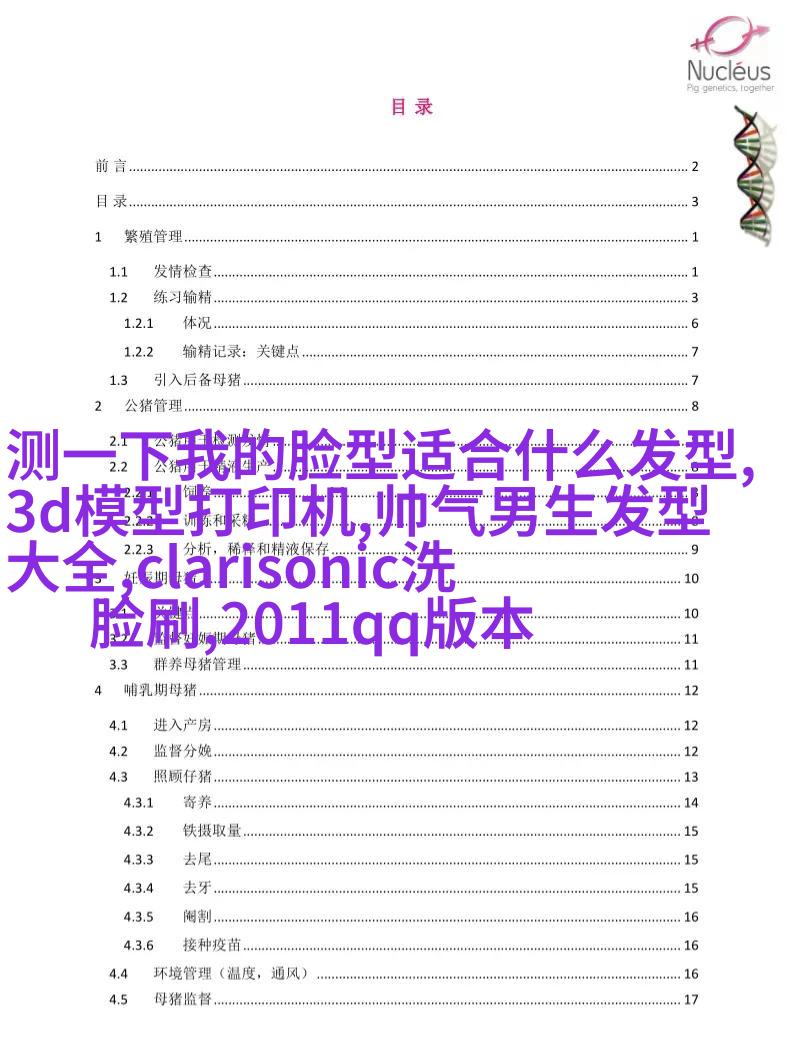
Kublai Khan's queen, Chabi, was also instrumental in shaping his decisions. She was intelligent and well-versed in politics, often helping Kublai Khan navigate complex situations.
These individuals - Kublai Khan and his advisors - played crucial roles in achieving the unification of China under the Mongol Empire. They were driven by a desire for peace and prosperity for all people within their vast empire.
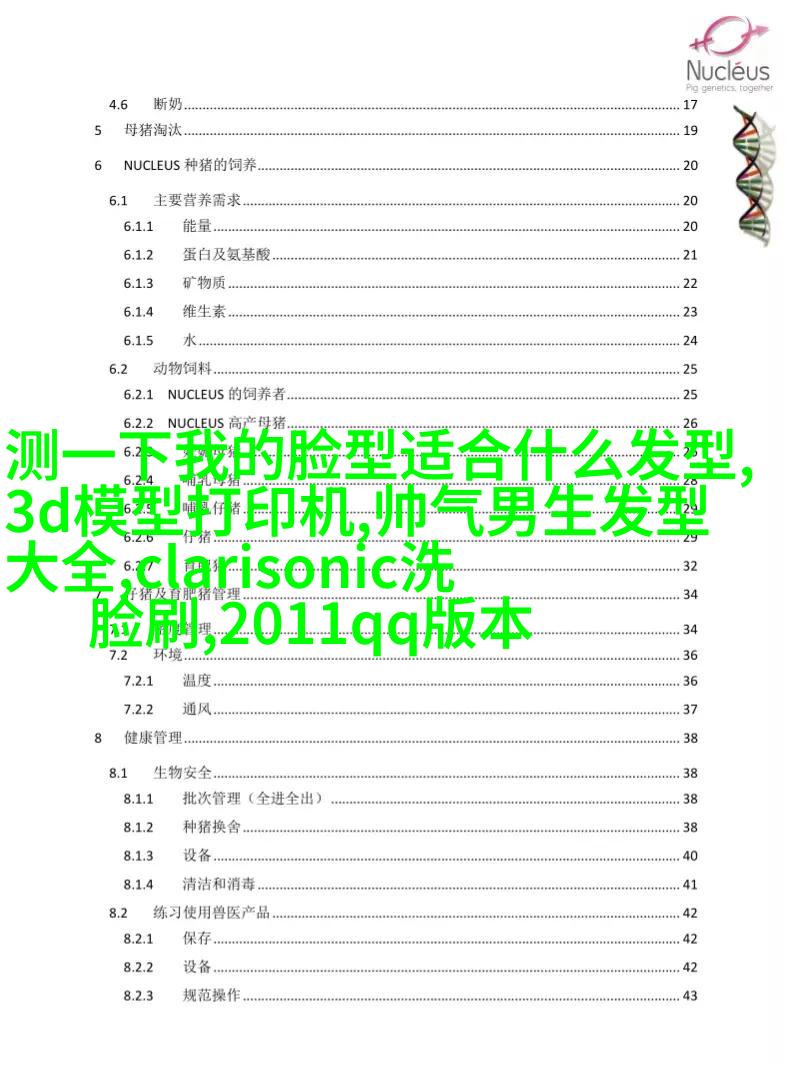
The documentary "China" Season 2 continues with its fourth episode "City Streets," set to air on March 3rd on Mango TV and Hunan TV. This episode will tell the story of Guan Hanqing's life as an actor-playwright during the Yuan dynasty era when drama became an important medium for disseminating Confucian values among ordinary people in rural areas. The program aims to revive China's cultural spirit through storytelling while presenting historical figures that have shaped Chinese culture over time.


